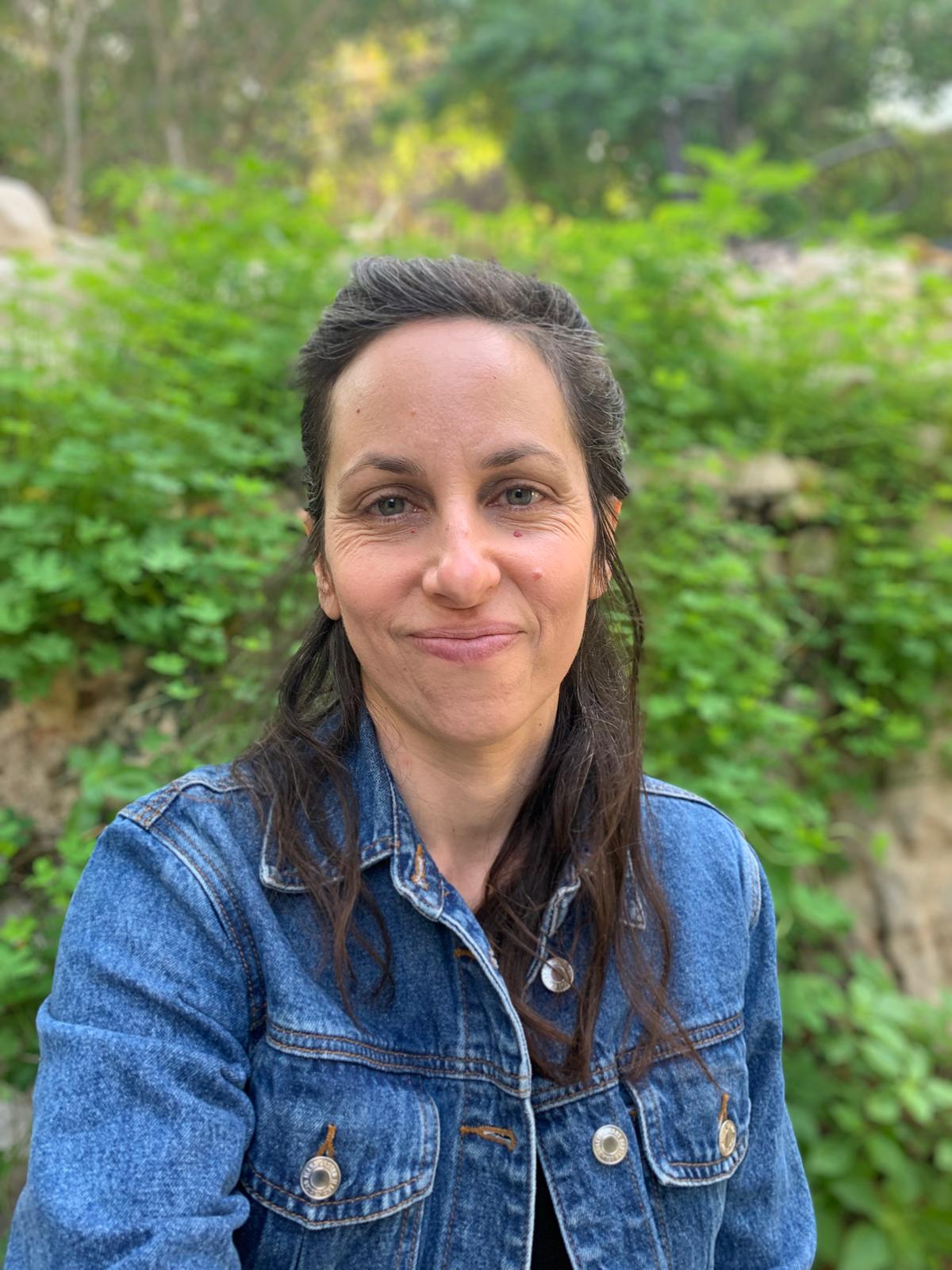Mindfulness in Therapy: More Than Just Breathing
.png)
Outer life is busy for many people, and it’s made even busier by all the inner noise we carry. The pressure doesn’t just come from the outside world, but from inside our own minds: a flood of shoulds, expectations, and comparisons.
“I should be doing more.”
“My kids should behave differently.”
“My partner should understand me.”
“I shouldn’t feel like this.”
Most suffering comes from the gap between our expectations and reality. And yet, we tend to stay stuck in these thought patterns without really dropping in to the deeper layers of what we’re feeling.
There’s something important about that dropping in - taking a moment to slow down and notice what’s truly happening inside. Feeling our feelings can seem unproductive at first: Why wallow in negative emotions? But often, we’re already stuck in them—not by feeling them, but by judging them, analyzing them, or trying to make them go away. Sometimes it’s the judgment of how we’re feeling that’s most preoccupying.
But when we make space to feel an emotion fully, with curiosity and compassion, it rarely overwhelms us or drags us down the way we fear it will.
Think of a child who scrapes their knee. They cry, they’re upset… and a minute later, they’re laughing again. Emotions move in waves. If we let them, they rise, crest, and pass. But when we resist them or try to push them away, they tend to linger.
________________________________________
CULTIVATING THE INNER OBSERVER
To do this, we begin to grow a part of ourselves that can witness our experience without judgment. You might call it your inner observer, or even your inner parent: a part that can hold space for what’s happening, with care.
This process begins with a pause:
“Oh, something is happening inside.”
Instead of pushing through or taking it out on others, we stop to notice: What’s going on in my body? What am I feeling emotionally?
We allow the experience to be there.
We remind ourselves: This belongs. This is part of being human.
Then we get curious:
What is this emotion trying to tell me?
What is it connected to?
What does this part of me need right now?
With time and practice, we begin to meet our vulnerability with care. This isn’t weakness; it’s the foundation of emotional maturity. When we learn to attend to ourselves with compassion, we become more grounded, more present, and more able to show up for others in our lives.
________________________________________
Whether you’re in the therapist’s seat or the client’s, this kind of self-inquiry and self-compassion is essential. As humans, we all need a way to stay in relationship with ourselves.
There are many tools and techniques for cultivating mindful awareness. In therapy, we practice them together in a supportive, attuned space. But you can also begin on your own. Here’s one place to start:
The RAIN of Self Compassion with Tara Brach: https://www.youtube.com/watch?v=wm1t5FyK5Ek
RAIN is a mindfulness practice that helps you Recognize, Allow, Investigate, and Nurture your emotions one moment at a time.
Practices like RAIN remind us that we don't need to fix or change everything; we can start by simply noticing what's here, and offering it some care. From there, things often begin to shift on their own.



